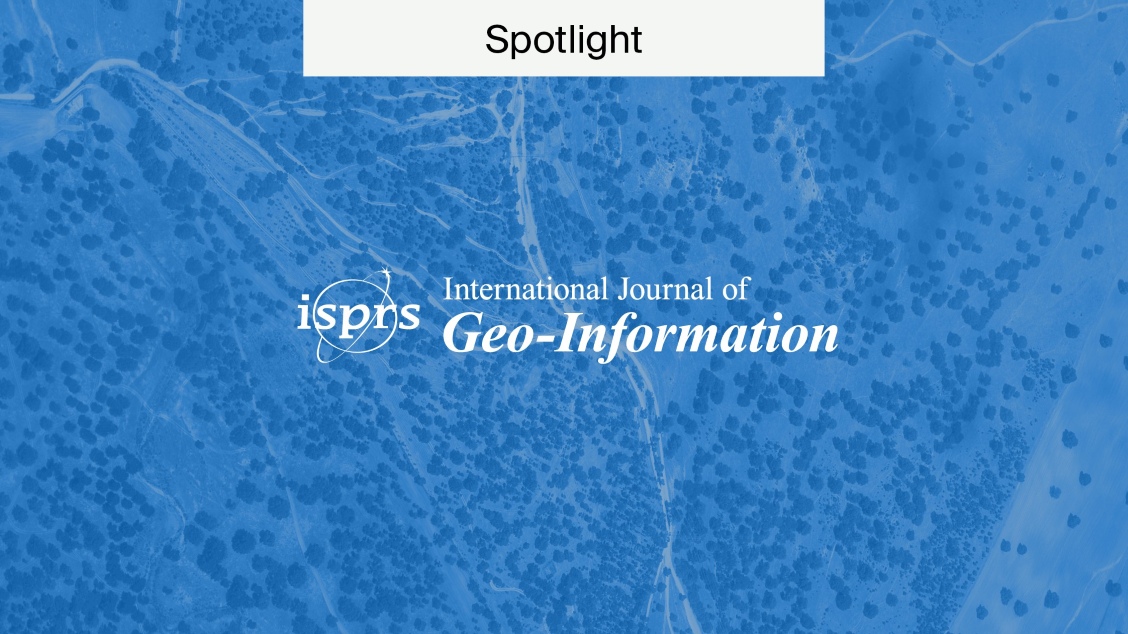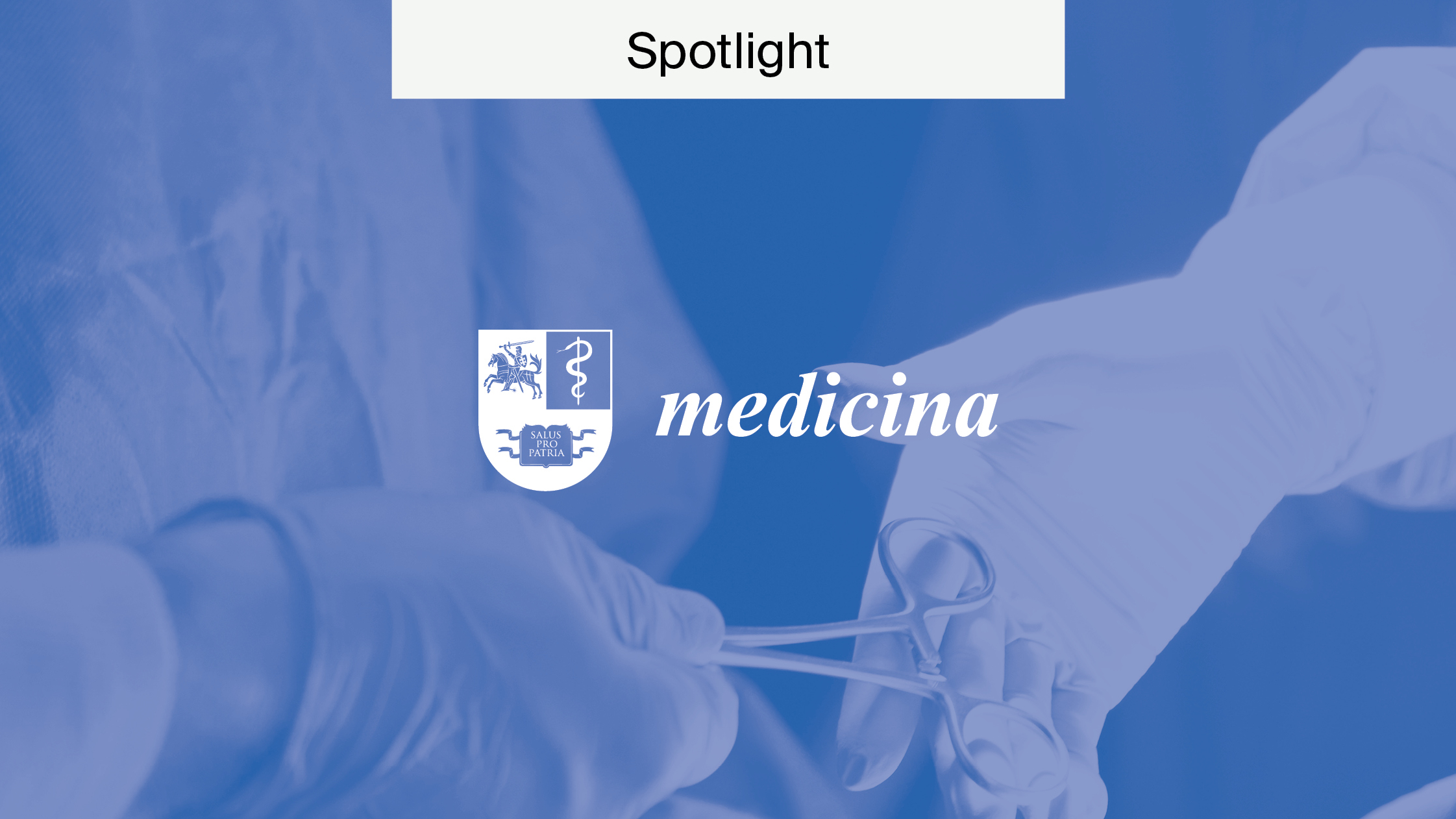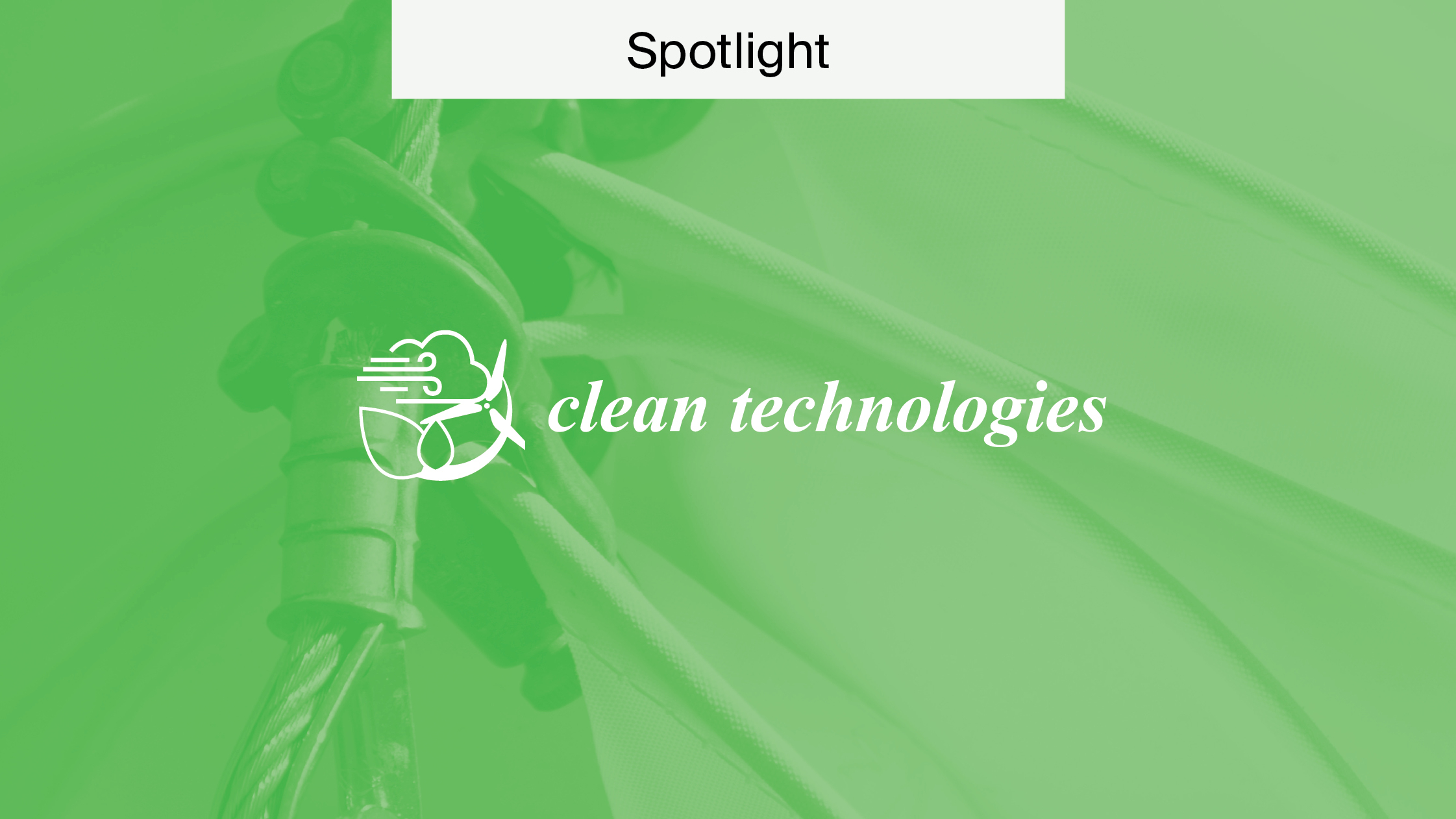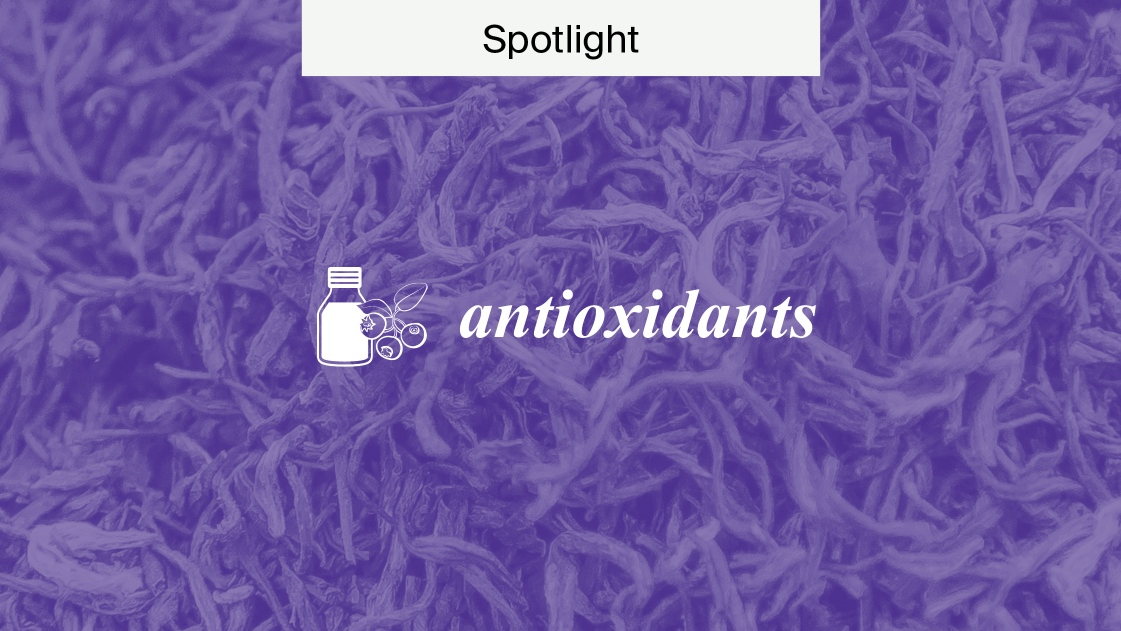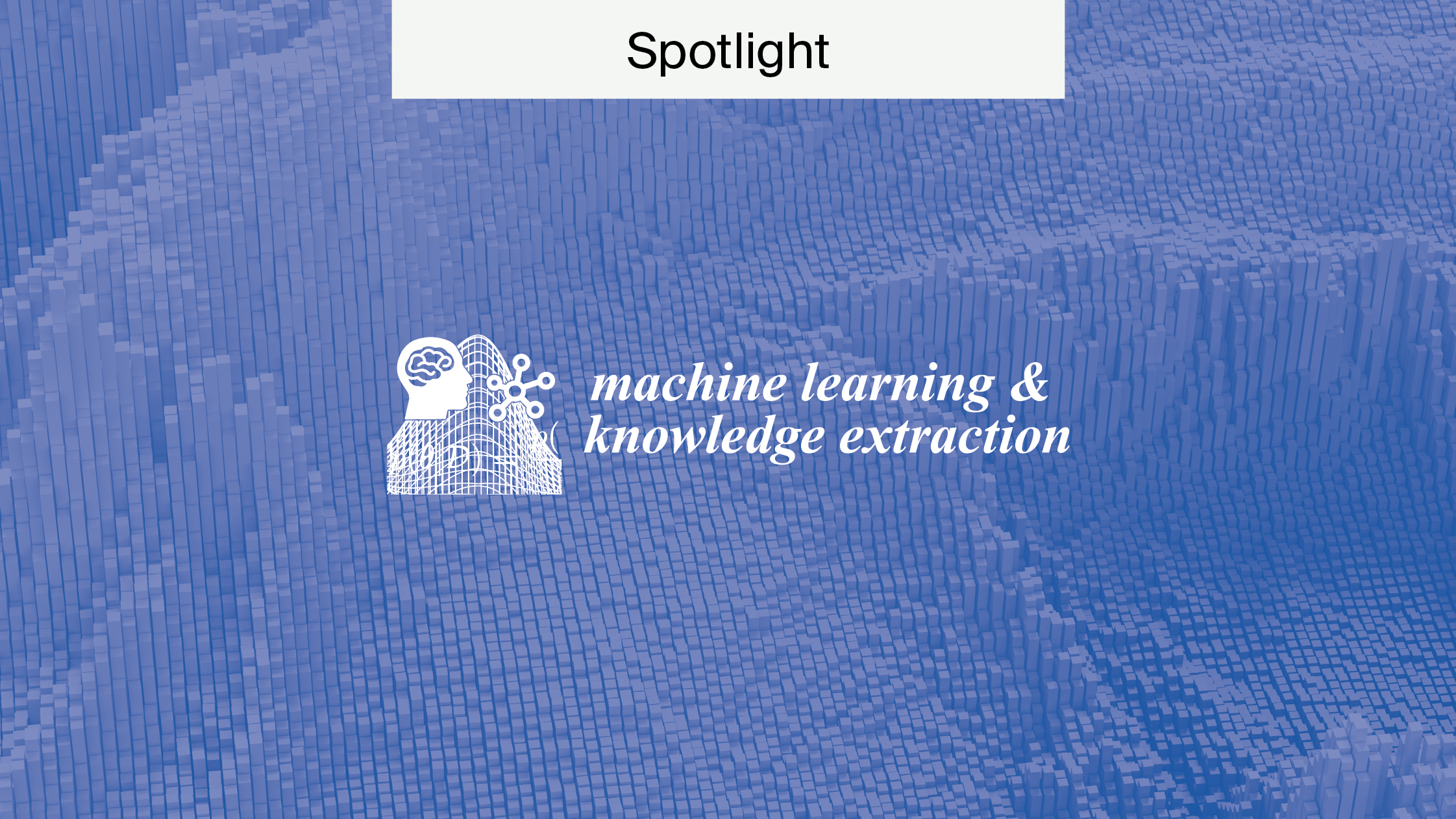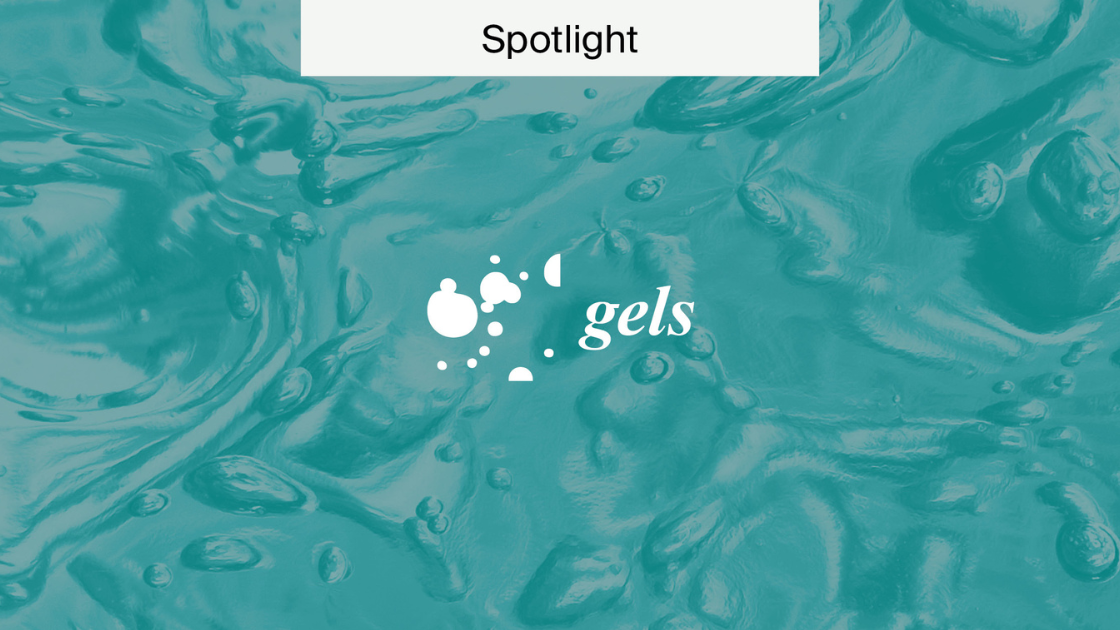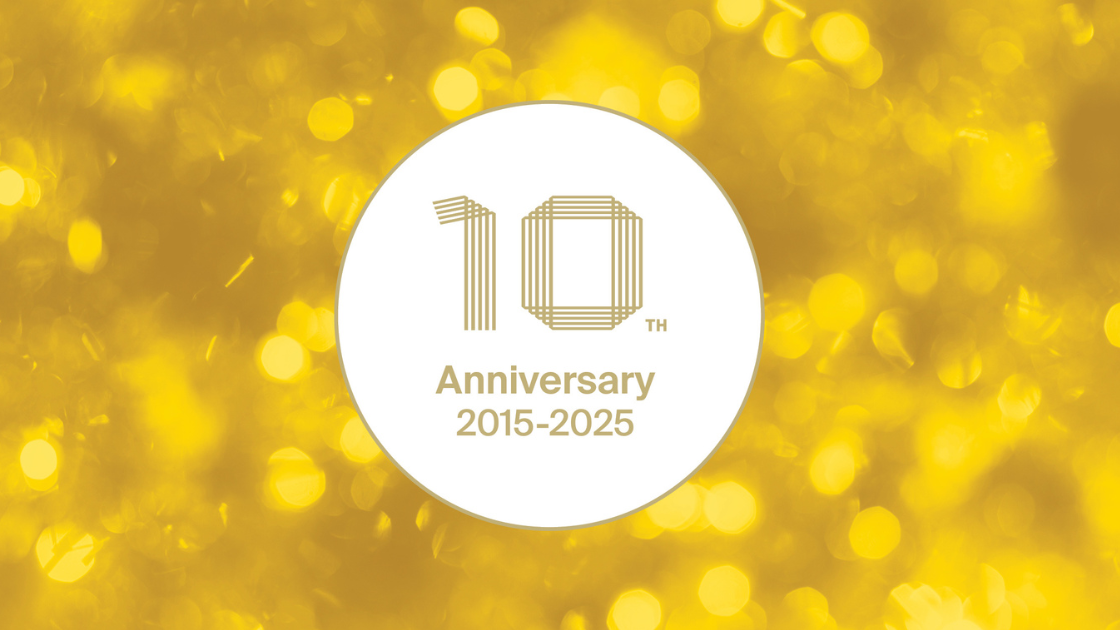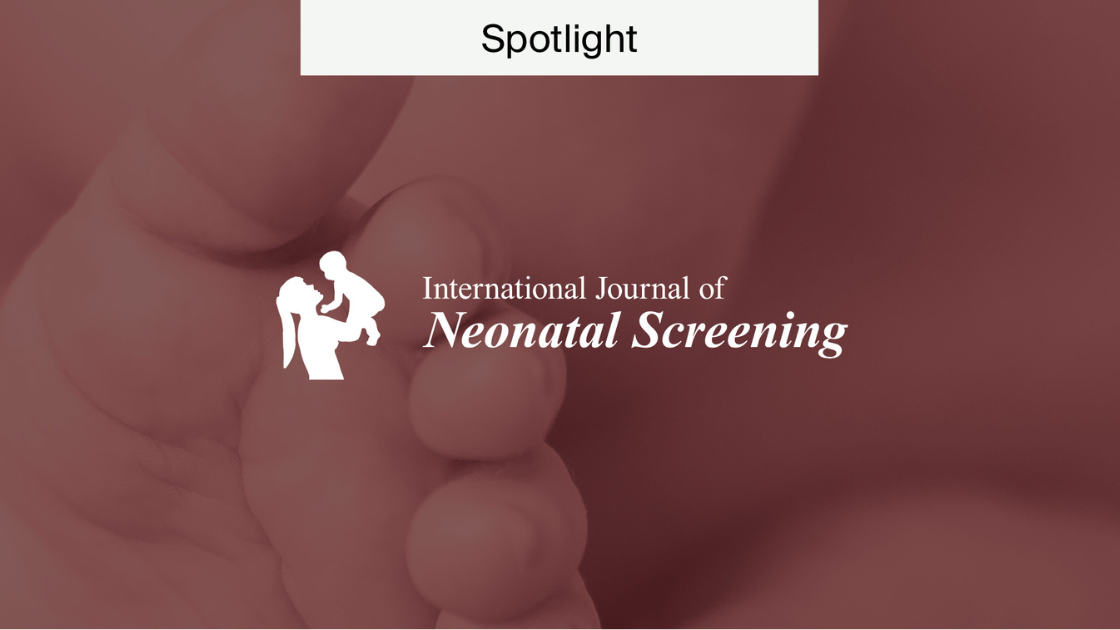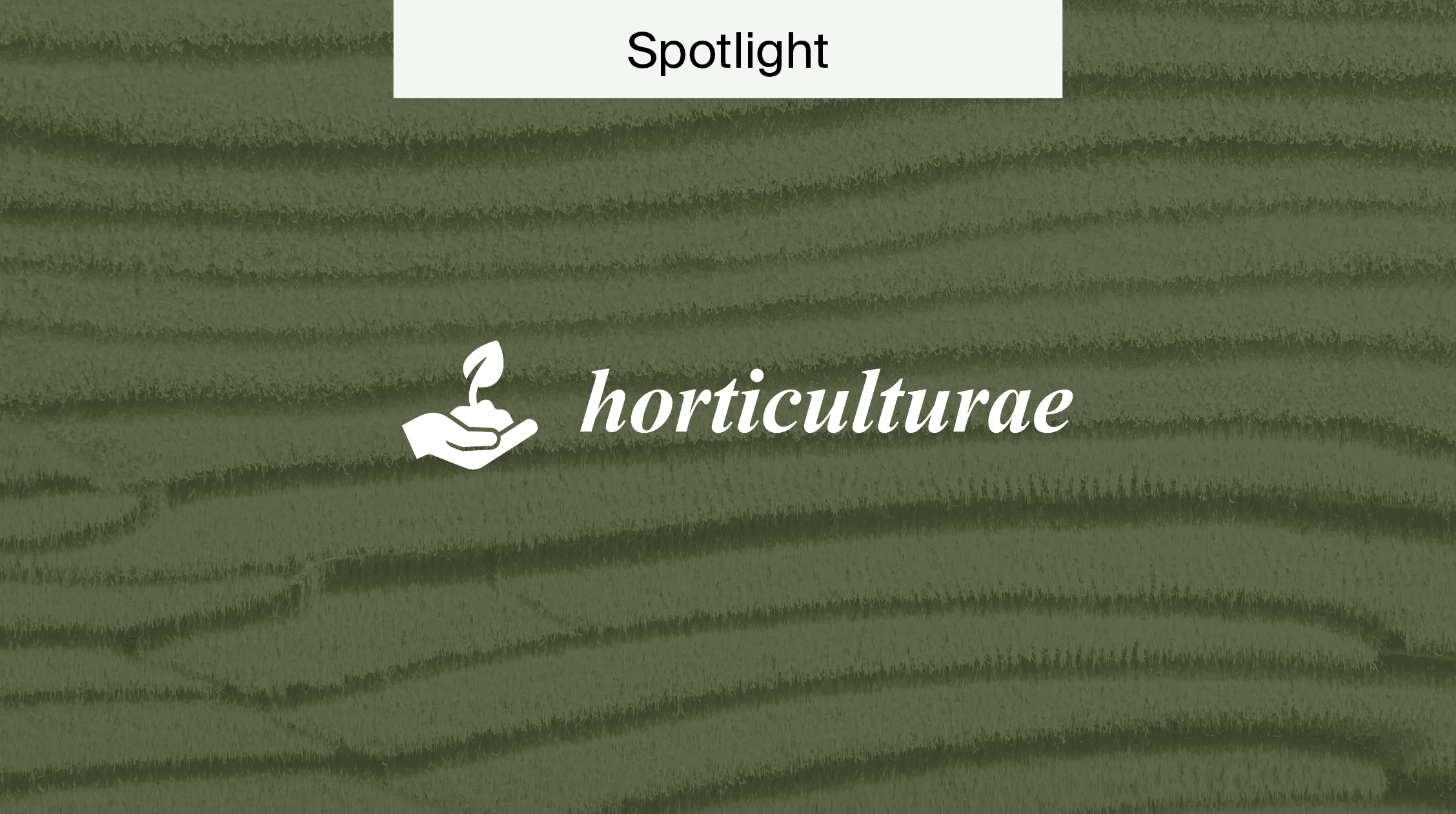
Horticulturae MDPI: Journal Spotlight
Another of our journals celebrating its 10th anniversary in 2025 is Horticulturae, an international, peer-reviewed, Open Access journal focusing on all areas and aspects of temperate to tropical horticulture.
To celebrate this milestone, this month we’re shining the spotlight on Horticulturae’s pivotal achievements, key statistics, and developmental journey.
Editor-in-Chief: Prof. Dr. Luigi De Bellis
Current Impact Factor: 3.0
Current CiteScore: 5.1
Statistics as of June 2025.
Visit the Horticulturae MDPI journal webpage.
A history of Horticulturae
Back in 2015, when the first issue of Horticulturae was published, Prof. Dr. Douglas D. Archbold was appointed as Founding Editor-in-Chief (EiC). An Emeritus Professor at the University of Kentucky, Prof. Dr. Archbold’s research interests primarily centre around fruit set and development, polyol metabolism, fruit ripening and senescence, and aroma volatiles.
As detailed in Prof. Dr. Archbold’s inaugural Editorial Piece, the appeal for a journal of this nature was due to a variety of societal factors placing “increasing pressure on horticultural production to evolve to meet future needs”. Specifically, these factors included the anticipated population growth in upcoming years, consequential rising demand for horticultural commodities, and changing patterns of consumer preference for healthier and fresher foods.
After leading the journal for 6 years, Prof. Dr. Archbold passed the head role onto Prof. Dr. Luigi De Bellis, a Full Professor at the University of Salento. Prof. Dr. De Bellis’ research focuses on crop physiology, plant–pathogen interaction, and the nutraceutical properties of secondary metabolites present in plants.


10th Anniversary (2015–2025)
To celebrate this 10-year milestone, Horticulturae has put together a dedicated 10th Anniversary page on their website. The page features a celebratory video message from the Editor-in-Chief, notable statistics, Special Issue collections, and a selection of testimonials from some of Horticulturae’s Editorial Board Members (EBMs), reviewers, and authors.
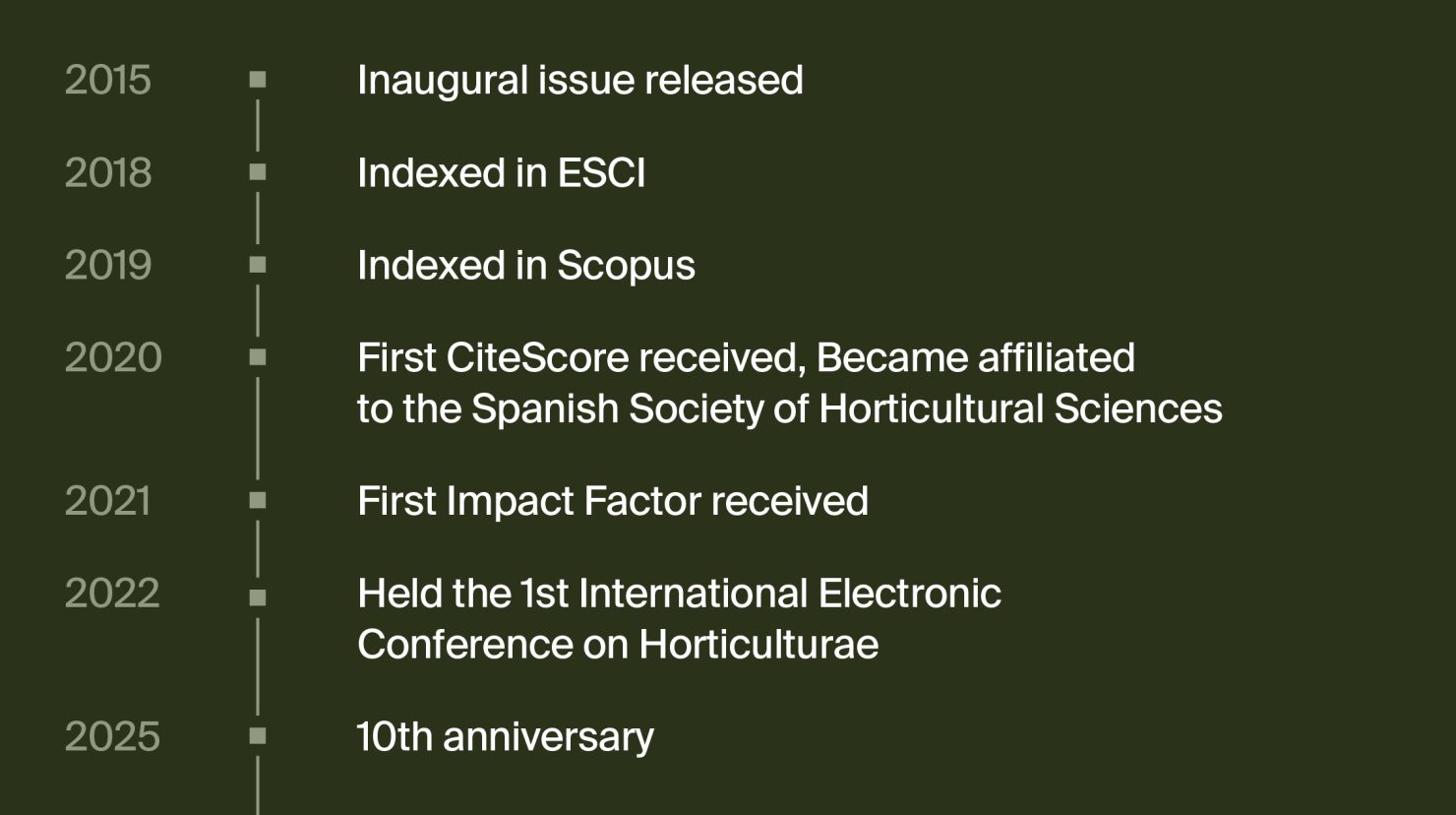
Aims & scope
Horticulture is typically defined as a branch of agriculture dedicated to the development, sustainable production, and use of cultivated food and plants. As described on the journal’s website, the scope of Horticulturae particularly concerns “the production and quality of horticultural crop species including fruit, vegetable, herbal, spice, ornamental and landscape plants.” Research within this field has the potential for many impactful real-world applications, with global food production optimization being particularly notable.
When first developing the journal, Prof. Dr. Archbold stated that he and the founding EBMs aimed to establish Horticulturae as the journal of choice for high-quality publications on all aspects of the horticultural supply chain.
Articles published in Horticulturae are categorized into 18 distinct sections spanning a broad range of research fields from Genetics and Biotechnology to Horticultural Economics and Marketing. This extensive scope, in addition to the Open Access publishing model, further increases the impact potential of the journal.
“Horticultural plants and their products provide critical nutrition and nutraceutical compounds which sustain life, provide environments for leisure, recreation, and improved mental health, and play essential roles in ecology and biodiversity.” – Prof. Dr. Douglas D. Archbold, Founding EiC.
Journal metrics

With 1,082 citations, the 2017 paper “Soil Salinity: Effect on Vegetable Crop Growth. Management Practices to Prevent and Mitigate Soil Salinization” by Prof. Rui Manuel Almeida Machado and Prof. Ricardo Paulo Serralheiro holds the title for the most highly cited Horticulturae publication. This paper, which delves into the major impact that soil salinity can have on vegetable growth, has also received the highest number of views (80,608) and downloads (48,647) for the journal, as of June 2025.
Used to evaluate the relative importance of a scholarly journal within its field, Journal Impact Factor (JIF, Clarivate) measures the frequency with which the average article published in a journal has been cited in a particular year. With consistently strong statistics observed over the past 5 years, Horticulturae’s JIF currently stands at 3.0.

The journal also saw a substantial increase in CiteScore in 2025, with it rising from 3.5 to 5.1. CiteScore (Elsevier) takes the average number of citations received by a particular journal’s articles over the course of 4 years. This year’s significant rise in CiteScore is testament to the rigorous standards in Horticulturae’s publication process.

Impressively, Horticulturae is ranked in Q1 for both the “Horticulture” and “Plant Science” CiteScore categories and in Q1 for the “Horticulture” Journal Citation Reports (JCR) category. These classifications decidedly further Horticulturae’s positioning as an established journal within horticultural research fields.
Horticulturae has also been selected for coverage by many indexing databases and archives, notably including Scopus, AGRICOLA, AGRIS, PubAG, and Web of Science. Access the complete list of associated indexing services here.
As of June 2025, Horticulturae has received 26 mentions in policy documents, 25 mentions in patents and 321 mentions in a range of news outlets. This further exemplifies the real-world impact and relevance of the research published in the journal.
The Horticulturae community
In June 2020, the Spanish Society of Horticultural Sciences (SECH) became affiliated with Horticulturae. SECH is a nonprofit society created in 1981 “to generate scientific, technical, and social interest in all branches of horticulture”. Members of the society receive a discount on the article processing charges (APCs) when submitting articles to Horticulturae.
The 1st International Electronic Conference on Horticulturae (IECHo) was hosted by the journal in 2022, bringing together researchers, academics, technicians, and other experts in the field of Horticultural Science. Held shortly after the COVID-19 pandemic, this event demonstrated the value of virtual conferences for the promotion of global collaboration. The 2nd IECHo was held in 2025, with EiC Prof. Dr. Luigi De Bellis as one of the chairs of the event.
Click here for details on upcoming events attended and hosted by Horticulturae.
Horticulturae also offers a broad range of annual awards to recognize exceptional researchers, namely the Best Paper Award, Young Investigator Award, Travel Award, Best PhD Thesis Award, and the Outstanding Reviewer Award. These awards serve to enhance communication among scientists and raise the influence of talented individuals.
For up-to-date information about both open and closed Horticulturae Awards, visit this webpage.
Read below a selection of testimonials from members of the Horticulturae community:
“Publishing and working with Horticulturae has always been a smooth, timely and responsive process. Reviews are completed quickly and both the in-house and external editors have excellent, clear, and responsive communication. The journal provides the authors a smooth and quick process.” – Prof. Dr. Yuyang Zhang, Associate Editor.
“Serving on the Editorial Board has been an honor. While the role has required significant effort, I have greatly valued the opportunity to engage with the journal’s outstanding scientific contributions.” – Prof. Dr. Riccardo Motti, Editorial Board Member.
“Horticulturae has become a ‘go-to’ journal for our group given its scope, from instrumentation and sensor development to agronomy, applied to horticultural issues, matches well with our multi-disciplinary group.” – Dr. Kerry Walsh, Author.
Submitting a manuscript
Manuscripts for Horticulturae should be submitted online at susy.mdpi.com. The submitting author, who is generally the corresponding author, is responsible for the manuscript during the submission and peer review process.
To submit your manuscript, register and login to the submission website. Once you have registered, click here to go to the submission form. All co-authors can see the manuscript details in the submission system if they register and login using the e-mail address provided during manuscript submission.
Prior to submitting, explore the useful resources on our author guidelines webpage.
If you’d like to find out more about Horticulturae and its publication process, please visit the journal website.

